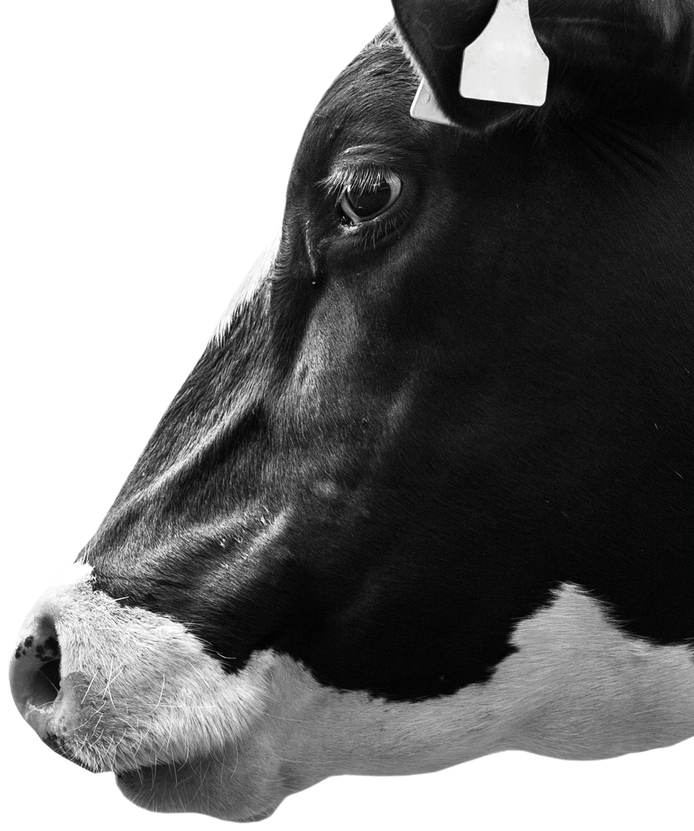Key messages shared at Autumn 2024 meeting
Key messages shared at Autumn client meeting
It was good to have a strong turnout at our Autumn client meeting held at Taunton Rugby Club on October 24th. We had a full agenda with a focus on the use of data to provide assurance in the dairy supply chain. At the start of the meeting we reviewed aggregate data for NMR and NML, showing positive progress in terms of most test parameters (fat, protein, bactoscan, SCC’s) but concerns were raised regarding a slight elevation in AB fail rates and we are also seeing a gradual rise in average thermoduric counts.

Delegates at the meeting all received hard copies of our new thermoduric poster. This poster provides guidance for those struggling with persistent thermoduric issues and is available FOC for all clients.
Following the discussion regarding aggregate data and an update on QA, briefings were given regarding the new Veterinary Medicines (Amendment) Regulations (2024 No 567). These regulations came into force on 17 May 2024 and include guidance on the use of different categories of antibiotics as well as highlighting that all prophylactic use of antibiotics is prohibited. This briefing led on to an update from Ray Keatinge (AHDB) on MedHub. While progress has been made in collating data in MedHub more work needs to be done to increase the number of dairy farms covered on MedHub. Hopefully this can be achieved through effective linkage with systems such as FarmAssist National Milk Records | FarmAssist which provides an AB monitoring service for various GB milk pools.
The next topic covered was the DairyUK due diligence scheme which was presented by Luisa Candido, DairyUK. This scheme assesses the presence of contaminants and residues in raw milk across the UK to ultimately reduce their occurrence and provide assurance regarding the safety and quality of ex farm raw milk in the UK. The scheme started in 2010 and currently there are nine processors who participate in the scheme. The scheme involves an assessment of the likelihood of contaminants being present in the supply chain and the impact if they are present. This assessment then informs decision making regarding the number of samples to be tested for each contaminant and the frequency of such testing. The grid below illustrates how contaminants are ranked based on this assessment.

The scheme has proved to be very useful for the clients that are currently involved. If you wish to find out more about the scheme please do get in touch.
Following the discussion regarding due diligence, attention turned to the use of data to support the monitoring of progress towards the industry’s sustainability targets as set out in the Dairy Roadmap. NMR has provided aggregate NMR data for 19 different measures that show the significant technical progress achieved by the industry over the last five years that in turn has improved sustainability performance. Having access to this data is increasingly important to meet the demands for evidence coming from regulatory bodies, retailers, customers and other stakeholder groups and of course the UK industry is competing with other dairying nations who are progressing with the pursuit of sustainability commitments (eg France, Netherlands, Ireland, Australia, Chile). At NMR we are able to assess the performance of individual milk pools using NMR data for all 19 metrics, so if such an assessment would be of interest please get in touch.
The final session of the meeting focussed on Johne’s and in particular the background to the key industry conference taking place on 26 November at Sixways Stadium, Worcester. This conference is being hosted by the Action Group on Johne’s and during the event plans for next steps in the national control programme will be outlined. If you haven’t already booked your place please email Peter Dawson at DairyUK (pdawson@dairyuk.org).
If you are interested in receiving copies of any of the presentations shared at the client meeting please email benba@nmrp.com
